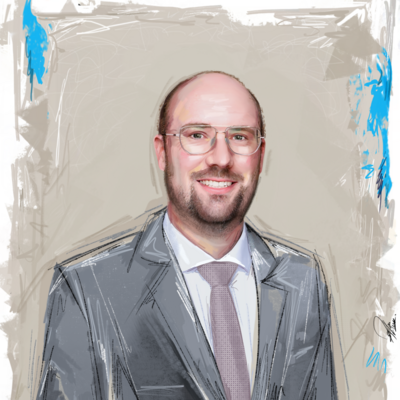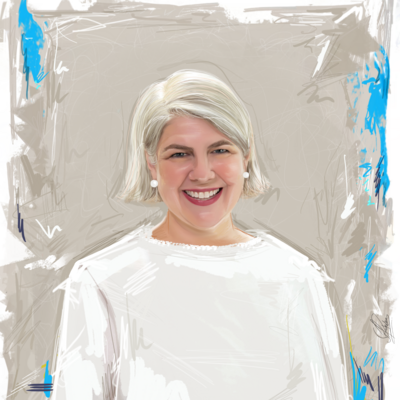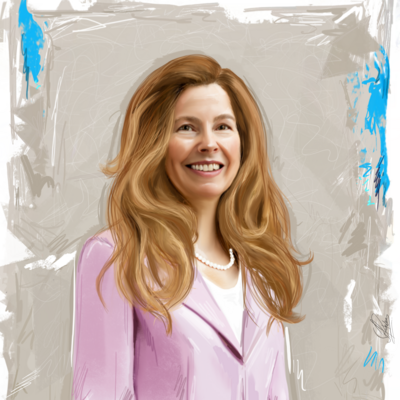Register to continue reading for free
Darla-Jane Gilroy from GFFC: the first anniversary has laid the groundwork, now we are building on it

In this second part of our interview with Darla-Jane Gilroy, Founder of GFFC, we talked about the coalition’s reflections on its first anniversary, the inaugural symposium attended by 150 invited delegates and the organisation's view of the future of the footwear industry
Anniversary
The Global Footwear Future Coalition (GFFC) celebrated its first anniversary in January 2025, providing an opportunity to reflect on a year of growth, experimentation and collaboration. During this time, the GFFC laid its foundational principles and delivered tangible actions to push the industry towards a more sustainable and inclusive future. “Our first year has been both energising and affirming, marking the beginning of a movement that is gaining momentum”, shares Gilroy.
The inaugural symposium was central to GFFC’s early achievements, “which brought together some of the world’s most influential footwear brands, manufacturers, retailers, innovators and disruptors”. The event served as a catalyst for open dialogue, inspiring new partnerships and setting the agenda for GFFC’s future work. Several collaborative projects have since been launched as a direct outcome, suggesting that the event successfully moved beyond conversation into action.
Most importantly, GFFC has seen a steady increase in global engagement throughout the year, signalling a strong appetite for a coalition of this kind. “Looking ahead, our vision is to continue scaling our impact, supporting innovation, sustainability and education across the footwear sector, while championing a culture of openness, inclusivity and future thinking. This first year has laid the groundwork, and we are now ready to build on it”, shares Gilroy.
Symposium
The symposium reinforced the interconnected nature of the challenges facing the footwear industry. It also reaffirmed the coalition’s belief that innovation arises at the intersection of academia, business, culture and technology. The need for long-term thinking and collective problem-solving across all industry sectors was highlighted.
“Key insights emerged across several thematic areas, each of which is now shaping GFFC’s strategic direction”, notes the Founder. Among the standout themes from the symposium was the critical role of lifelong learning, from professional development and consumer awareness to specialist footwear training. Upskilling was recognised as essential to sustaining innovation and adaptability within the industry.
Conversations about technology reflected its dual nature. Powerful tools such as AI, 3D printing and robotics “enhance creativity and reduce waste but must serve human-centred goals”. One of the more forward-thinking insights from the event was a redefinition of innovation – rather than focusing on constant newness, innovation was redefined to include repair, longevity and refurbishment.
The coalition also recognised the importance of building ethical and localised supply chains. These systems would prioritise circularity, zero waste and inclusion “with a strong emphasis on supporting local economies”. Integrating new, traditional and biological materials was seen as vital for the development of responsible product lifecycles.
Rather than viewing regulation as a constraint, participants framed it as a lever for innovation. “As a result, GFFC is now looking for opportunities to help shape regulatory frameworks that support industry evolution and advocate for change”. Participants also acknowledged the cultural role of footwear as a medium for storytelling and a bridge between consumers and brands.
Vision
Looking ahead, the GFFC sees its role as bridging the gap between academic insight and real-world application. “Over the next decade, the GFFC envisions a footwear industry that is regenerative, inclusive and driven by collaboration and co-creation. We aim to shape and embed initiatives that will significantly reduce the number of shoes sent to landfill and influence the normalisation of a repair-first mindset”, highlights Gilroy.
Key milestones for the next ten years include creating a global knowledge-sharing network, open-access resources and scalable circular business models. These will consist of strategies for repair, refurbishment and design for disassembly. “We aim to produce industry guidelines that embed social responsibility as standard practice. Our goal is to evolve the industry from a fragmented system into a connected, knowledge-sharing ecosystem”.
You can access the coalition’s inaugural symposium report here.
Image Credits: Art by Sofia Pádua






